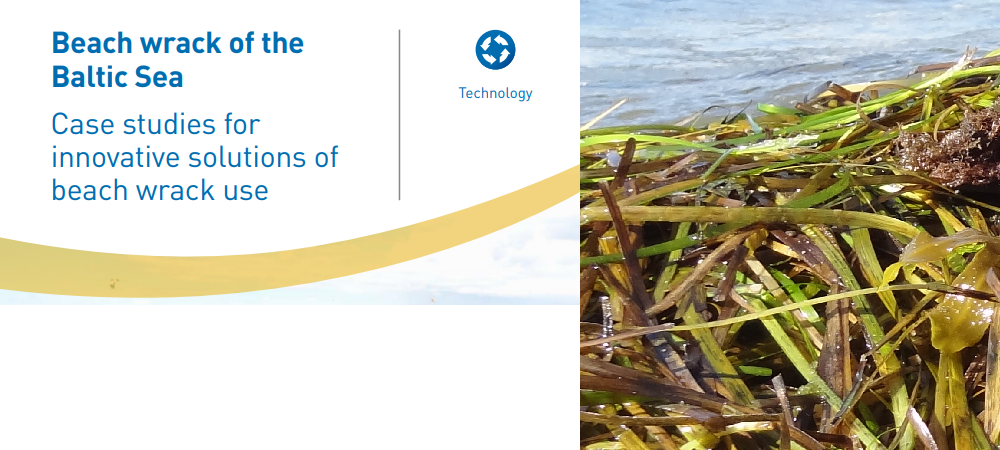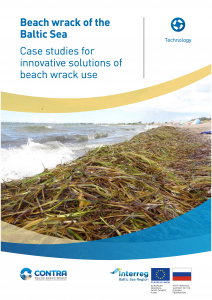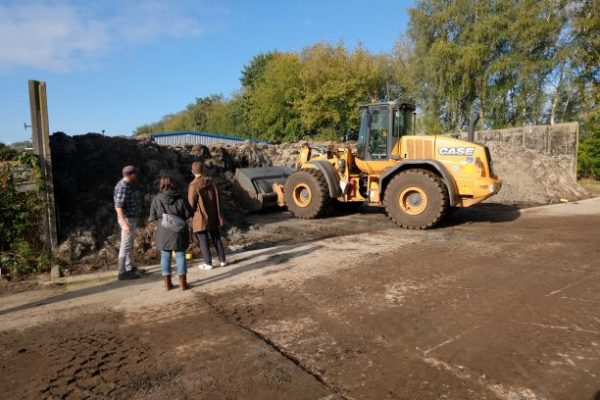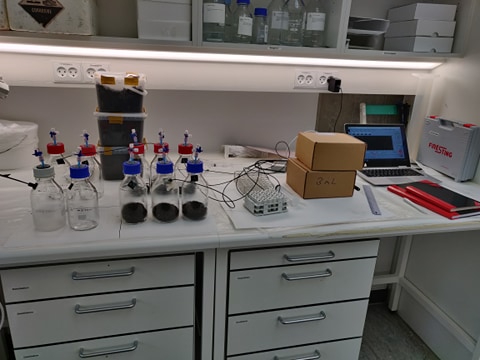Over the past two and half years, CONTRA has conducted a total of seven case studies in the Baltic Sea Region to further develop knowledge on how it can be used sustainably as a natural resource. The case studies have included investigations into existing and more traditional uses like fertilizers and soil improvement products but they have also explored new and innovative possibilities such as carbonisation and landfill bio-covers. The report, Case studies for innovative solutions of beach wrack use, is now available. It presents the case study findings and results on technological aspects of different stages of the beach wrack treatment including collection, processing and usage as well as management and relevant legislative issues.
The report offers guidance and expertise for local authorities, policy makers, private companies and other interested parties who are looking for expert knowledge or who have questions about sustainable beach wrack treatment.
The report is split into 8 sections
- Beach wrack-based soil production (case study in Germany)
- Bio-coal from beach wrack (case study in Germany)
- Beach wrack as a compost material in landfill bio-covers (case study in Denmark)
- Assessment of beach wrack applicability for dune restoration measures (case study in Russia)
- The Baltic beach wrack thermal recovery and relevant analytical performances (case study in Sweden]
- Nutrient and pollutant flux to coastal zone originating from decaying algae & plants on beaches (case study in Poland)
- Beach wrack treatment in reed bed system (case study in Poland)
- Production of furcellaran both from trawled and beached algae Furcellaria lumbricalis (Estonian experience)





